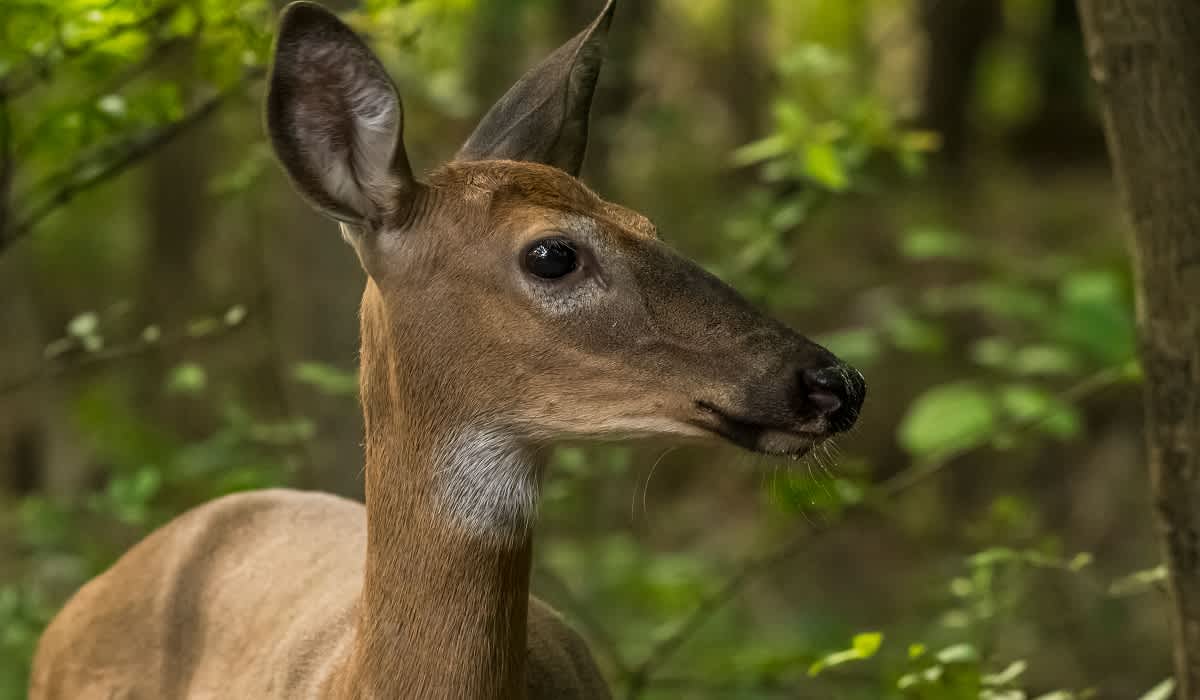Legislators to Vote on Lifting Michigan Deer Baiting Ban for Next Hunting Season
OutdoorHub Reporters 04.16.19

A Michigan deer baiting ban meant to combat chronic wasting disease could be reversed by the start of hunting season IF Senate Bill 37 is approved by lawmakers.
Citing “nose-to-nose contact” as a means to spreading CWD, the state’s Natural Resources Commission approved the ban last year, which officially took effect on January 31, 2019. Still, some remain skeptical about artificial baiting sites having correlation with the spread of the disease, and argue the ban should be lifted.
Sponsored by Sen. Curt VanderWall, R-Ludington, Senate Bill 37 would lift baiting/feeding bans, and allow the practice during open hunting season, mLive reports.
VanderWall spoke at a Senate Natural Resources Committee hearing, where he acknowledged chronic wasting disease is “a very serious issue,” but believes a Michigan deer baiting ban could actually accelerate the ongoing decline in Michigan hunters and therefore derail herd management efforts.
“In my view, baiting is a tool that helps us manage the herd,” he explained to lawmakers. “Less hunters means less harvested, which is bad for herd management – it could even lead to an increase in CWD and other diseases.”
On the other hand, the Department of Natural Resources stands behind the bill, saying the decision was made following several consecutive Natural Resources Commission meetings solely dedicated to the matter.
“It is our belief that it was the proper decision to ban baiting to help control the spread of the disease,” Craig Burnett, the agency’s legislative liaison, said.
In addition, Dr. Kelly Straka, a wildlife veterinarian for Michigan’s Department of Natural Resources, said the proof is in the pudding and research shows a higher likelihood of transmission at artificial baiting sites.
“The science is out there indicating that these kinds of practices on the landscape do in fact make things worse with disease transmission, and lead to different contact rates between animals that would otherwise not normally contact each other,” she said.
In order to become a law, Senate Bill No. 37 will need to make its way past the Senate, House and receive a signature of approval from the governor.
The legislation has yet to be voted on by the committee.

